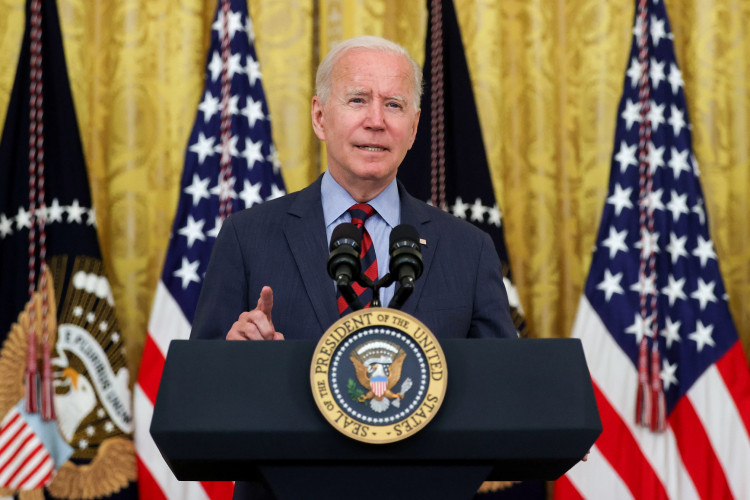President Joe Biden has granted the largest single-day act of clemency in modern U.S. history, commuting the sentences of roughly 1,500 individuals and pardoning 39 people convicted of nonviolent crimes. The announcement, made Thursday, underscores Biden's commitment to second chances but also comes amid heightened scrutiny following his controversial pardon of his son, Hunter Biden.
The commutations focus on individuals who were released from prison and placed on home confinement during the COVID-19 pandemic, a measure initially intended to reduce the spread of the virus in overcrowded facilities. "America was built on the promise of possibility and second chances," Biden said in a statement. "As president, I have the great privilege of extending mercy to people who have demonstrated remorse and rehabilitation."
Many of those pardoned have turned their lives around, with profiles including a decorated military veteran, a doctoral student in molecular biosciences, and a church deacon now serving as an addiction counselor. The White House emphasized that these clemencies are part of a broader effort to promote equal justice and facilitate rehabilitation.
Biden's action follows similar measures taken by past presidents but exceeds them in scale. The second-largest clemency act was by President Barack Obama, who commuted 330 sentences shortly before leaving office in 2017. Biden's clemencies also build on his earlier actions, including pardoning individuals convicted of simple marijuana possession and former service members penalized under outdated military laws banning consensual gay sex.
This historic act comes against a backdrop of bipartisan criticism over Biden's pardon of his son, Hunter Biden, earlier this month. Hunter had faced felony charges related to gun possession and tax crimes. The president justified the pardon, stating the prosecution was politically motivated. "The prosecution had been poisoned by politics," Biden said, adding that his son had been "singled out only because he is my son."
The decision to pardon Hunter has sparked public backlash. A recent Associated Press-NORC poll revealed that only 2 in 10 Americans approved of the move. Critics argue that the pardon undermines Biden's previous promises not to intervene in his son's legal battles, raising questions about the president's commitment to transparency and impartiality.
In defending his actions, Biden highlighted the need to focus on systemic reforms. "My administration will continue reviewing clemency petitions to advance equal justice under the law, promote public safety, support rehabilitation and reentry, and provide meaningful second chances," he said.
While the president has hinted at more pardons in the coming weeks, his actions have intensified pressure from advocacy groups and lawmakers. Rep. Jim McGovern (D-Mass.) and others are urging Biden to extend clemency to federal death row prisoners, pointing to Attorney General Merrick Garland's pause on federal executions as a step in that direction.
The clemencies also revive calls for Biden to consider issuing preemptive pardons to protect those involved in investigations into former President Donald Trump's efforts to overturn the 2020 election. This would be an unprecedented use of executive power, and Biden has expressed concerns about the precedent it could set.






